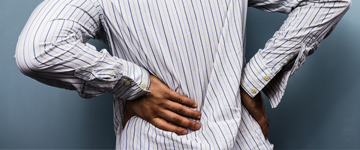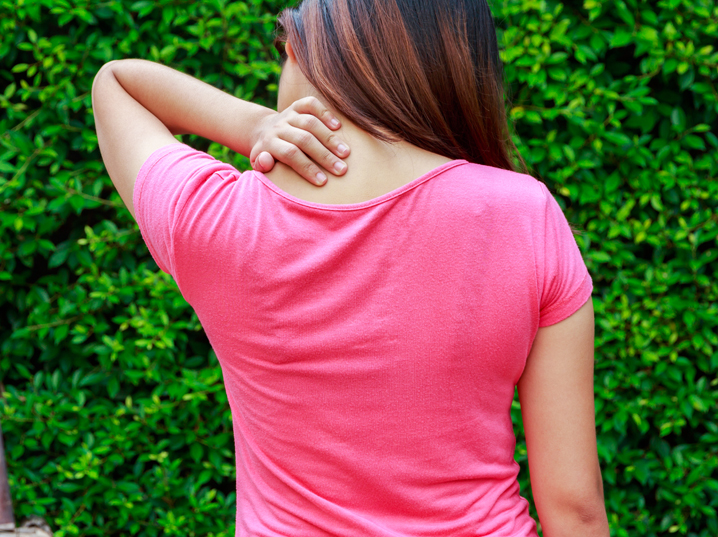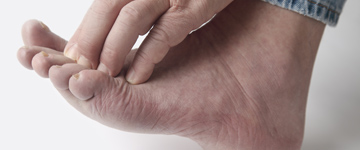
First time to chiropractic office in my life. My back was bent and hurting very bad. Called the office and had an appointment that worked around my schedule the same day. I was nervous until I was greeted by two very friendly front office young ladies. They had me fill out paper work and got me...Read More
- Kristine F.Infants:
The topic of infants and children receiving chiropractic care can be new to parents. There is no end to the love you feel for the precious new human being who has presented into your life.
If your baby:
- Excessively spits up
- Is colicky
- Persistent gas/ uncomfortable
- Cannot turn head one direction or the other
- Has been diagnosed with Torticollis
- Poor at latching-on/ Nursing (brain reflex)
- Wakes up screaming when laid on back
- Unable to lift face up during tummy time without turning head
- Crawls with one leg tucked forward
- Cannot completely raise one arm above head
- Has reflux
- Wants to stay curled to one side, incomfortable with bending one direction
- Body feels tense when held
If your child:
- Walks with one foot consistently turned in or out
- Can only run with arms out to side
- Has poor balance
- Difficulty focusing
- Complains of pain in legs, low back
- Infrequent bowel movement
- Poor digestion
- Poor sleep
- Allergies
- Asthma
Promote healthy brain development:
Babies usually display sucking, rooting, startle, grasp, and tonic reflexes shortly after birth. The sucking reflex, allows for nourishment for the baby in getting food; the rooting reflex stimulates the baby’s head in the direction of the food source. Observe when you feed your baby, rubbing the cheek should initiate your baby to turn the head to same side. The ability to suck is present at birth and is important both for the baby’s survival and brain development. When these reflexes are not well integrated problems can develop. In the child/ adult, it may demonstrate as poor articulation (speech development), tactile sensitivity around the face (thumb sucking), and or difficulty with solid foods.
A baby is also born with the startle reflex. This reflex is displayed any time baby is abruptly moved or aroused by a loud noise. The response observed is a sudden throwing outward of arms and legs, followed by a curling into the body. This reflex is a protective response of the body. When not well integrated, problems observed in the child/ adult may emerge, such as poor focus, poor impulse control, withdrawn or timid nature, anxiety, motion sickness, aggressiveness, and anxiousness. This reflex activates the fight or flight response, (developing sympathetic nerve system) therefore it can also be a stressor to the adrenal system, thereby affecting the immune system, increasing risk for allergies or asthma.
Your baby will also show a grasp reflex, which is observed when pressure is placed on the palm of the hand, or just below the baby’s toes. The fingers and or toes will curl and close over into a fist or toe curl. The possible effects in the child/adult of not integrating this reflex well are difficulty in writing, poor manual dexterity, and poor fine motor skills.
The tonic neck, or Fencers Reflex is easily observed by laying the baby on their back and watching the arm position in relation to the direction of head turn. Wherever the nose is pointed the arm and leg should be fully straightened, and the arm and leg on the opposite bent slightly. This reflex serves as a precursor to hand/ eye coordination, and for activities crossing the midline. Fencers reflex activates during the birthing process assists the passing of the head and shoulders through the birth canal. Problems with integration of this reflex in the child/ adult include difficulty with reading/ writing, tasks that require both sides of the body, chronic or recurring neck injury/ pain, often on the same side, and scoliosis or curvature of the spine.
Reasons for failure to integrate include subluxation caused by birth trauma, excessive falls, c section, anesthetics, or toxicity. Between the first three months to one year of life, the primitive reflexes should become inhibited by more mature postural reflexes. While inhibited, they allow for management of posture, balance adjustment, eye movement, and image stability in a much more controlled way. Awareness of the presence and importance of primitive reflexes can help new parents be proactive custodians of their baby’s brain development.
Parents Report:
- Less tense/ more relaxed baby
- Ability to turn head
- Ability to nurse on both sides
- Better sleep
- Less crying/ happier baby (and parents)
- Less spitting up
- Less stomach cramping
- Greater balance
- Better focus
- Improved digestion
- Greater coordination
- Better breathing/ healthier
Brain Based Approach
All of the movement patterns displayed by your growing infant and baby serve to develop brain health for a lifetime. Contact Active Health to see how your child may benefit from pediactric chiropractic care.
Call 715-834-6333 or email info@activehealthec.com.

